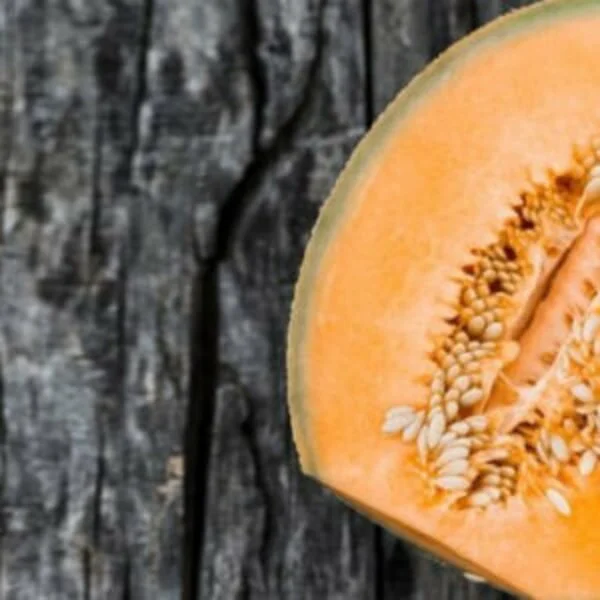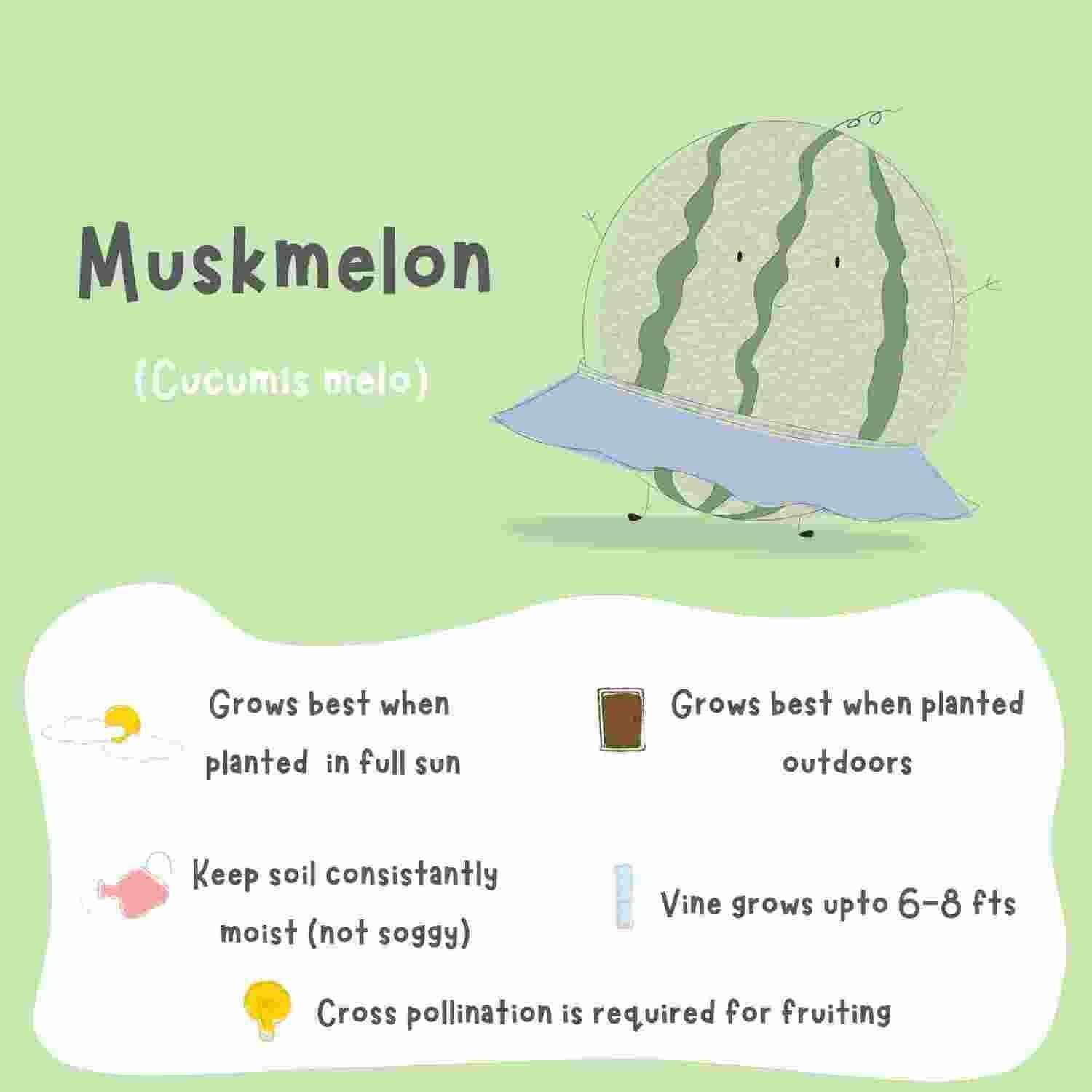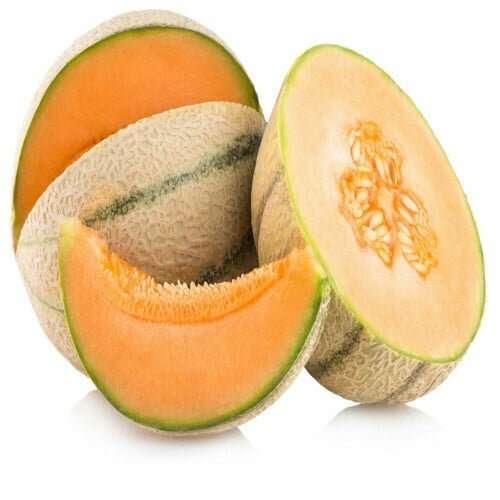Muskmelon Seeds (3 seeds)
₹10.0
Melons are a refreshing delight that can be grown in your home garden. They are fruiting vines with lots of health benefits. Try our Non-GMO Muskmelon Seeds. Also, check out our workshops for more details.
PRODUCT DESCRIPTION
Number of seeds in a packet – 3
PLANT DESCRIPTION
- Difficulty Level – moderate
- Vine Height – 6 – 8 feet
- Requires support of stakes or trellis
- Bears unisexual flowers that need cross-pollination for fruiting
- Type – outdoor
- Feed – Vermicompost for nutrients every week, Seaweed for better germination, and Epsom salt for fruits once a month
- Watering – everyday
- Sunlight – full sunlight
- Germination Time – 1 – 2 weeks
- Repotting Time – 3 – 4 weeks
- Flowering Time – 7 – 8 weeks
- Fruiting Time – 13 – 14 weeks
- Suitable Temperature – 60°F – 65°F
- Season – spring to summer
- Sowing – november to february
HOW TO GROW MUSKMELON FROM SEEDS
- Take a Growbag and fill it with Cocopeat.
- Sprinkle the seeds around the Growbag.
- Cover the seeds gently with Cocopeat and spray with water.
- Fill the hole with Cocopeat and spray with water.
- Water everyday.
- Seeds will germinate within 7 – 14 days.
- Full sunlight is needed.
ALTERNATE METHOD
- Take a Medium size Pot and add a Potting Mix.
- If planting in the soil add Neem Cake Powder, Vermicompost, and Seaweed.
ALTERNATE NAME
Botanical name: Cucumis melo
muskmelon seed in hindi: kharabooja beej (खरबूजा बीज)
muskmelon seed in tamil: kasturi vitai (கஸ்தூரி விதை)
muskmelon seed in telugu: sitaphalam vittanam (సీతాఫలం విత్తనం)
muskmelon seed in kannada: kasturi bija (ಕಸ್ತೂರಿ ಬೀಜ)
muskmelon seed in marathi: kasturi biyane (कस्तुरी बियाणे)
muskmelon seed in malayalam: kasthoori vithu (കസ്തൂരി വിത്ത്)
Other names: Mush melon, rock melon
You must be logged in to post a review.
Q & A
The sustainability of organic fruit seeds depends on several factors, including the agricultural practices used, the seed-saving techniques employed, and the overall ecological impact of the production system. Here are some considerations:
Organic farming practices: Organic fruit seeds are typically sourced from plants grown using organic farming methods. Organic farming avoids the use of synthetic pesticides, fertilizers, and genetically modified organisms (GMOs). By promoting soil health, biodiversity, and natural pest control, organic practices can contribute to the long-term sustainability of fruit seeds.
Seed-saving and biodiversity: Many organic farmers prioritize seed-saving to preserve heirloom and open-pollinated varieties. By saving and replanting seeds from year to year, farmers help maintain genetic diversity and adaptability within fruit crops. This practice reduces dependence on commercial seed suppliers and fosters resilient agricultural systems.
Soil health and fertility: Organic farming methods emphasize building and maintaining soil health through practices such as crop rotation, cover cropping, and composting. Healthy soil supports the growth of robust fruit plants and enhances the vitality of their seeds. Sustainable soil management practices contribute to the long-term sustainability of organic fruit seeds.
Ecological impact: Organic farming systems often have lower environmental impacts compared to conventional agriculture. By reducing chemical inputs and promoting natural ecosystem processes, organic practices can help conserve water resources, protect biodiversity, and reduce soil erosion. These factors contribute to the overall sustainability of organic fruit seeds.
Local and regional production: Supporting local and regional organic fruit seed producers can contribute to sustainability. Buying seeds from local sources reduces transportation distances and associated carbon emissions. It also supports local economies and helps maintain regional agricultural diversity.
However, it's important to note that sustainability is a complex and multifaceted concept. While organic farming practices generally align with sustainability principles, other factors such as transportation, packaging, and market demand can influence the overall sustainability of organic fruit seeds.
General Inquiries
There are no inquiries yet.



















Reviews
There are no reviews yet.